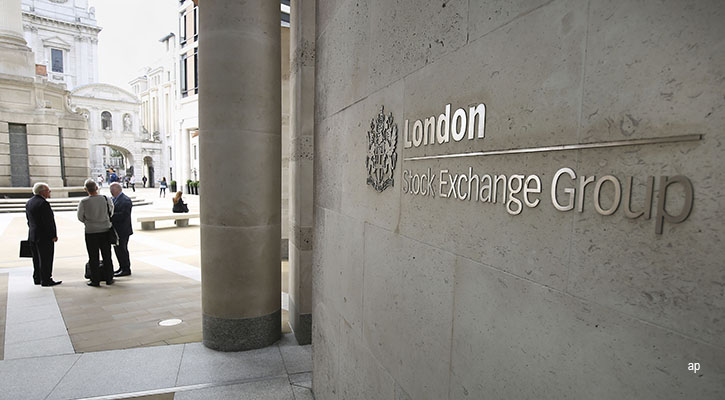
The FTSE 100 closed on its last trading day of 2021 at 7,384 points and has closed this year at 7,451. Out of context, this seems a humdrum result – especially after the 14% gain in 2021 – but is a decent achievement in a year of global and domestic turmoil. And one in which the normally reliable powerhouse that is the US stock market fell 20%.
While the FTSE 100 is not a great bellwether for the ailing UK economy, it has plenty of stocks currently in favour with the market – cash generative, defensive, and prospering in a high inflation environment.
Currency movements have helped, especially as many Britain’s biggest stocks report their earnings in dollars. The pound started the year worth $1.35 but is now valued at $1.21. We’ll gloss over the time when the pound look set to hit parity with the dollar in September following the mini-Budget – but if you want to revisit the lowlights of the Truss/Kwarteng era, we’ve collected some articles here.
Whether the dollar’s dominance can continue is a subject of fierce debate, as always, which my colleague Sandy Ward looks at in this article. We also looked at this from the perspective of sterling investors in this analysis by Sunniva Kolostyak. Weak sterling may hurt tourists going overseas but, counterintuitively, in can offer an uplift for UK investors in some cases.
Investors don’t know whether these factors will persist into 2023 and probably should take any predictions about the FTSE 100 at the last day of next year with a pinch of salt. Could the FTSE 100 revisit the record highs seen in 2018? Really, these are just arbitrary numbers and many investors are looking for something more meaningful. They're searching for alpha rather than just looking to match the index – last week I profiled two stocks that had soared 50% this year. Still, index returns are a useful way of benchmarking active managers’ performance. Many UK funds have the FTSE All Share, down around 4% this year, as the benchmark as it’s broader.
The New Year will see many fund firms reviewing their 2022 performance, featuring the caveat of “difficult market conditions” if these haven’t prospered. In tough years like these, the best active managers should shine, so it might be a good time of year to look at whether yours has done this.









.jpg)


















